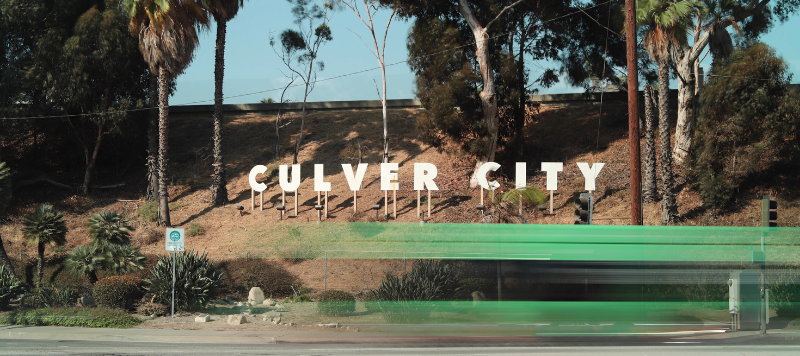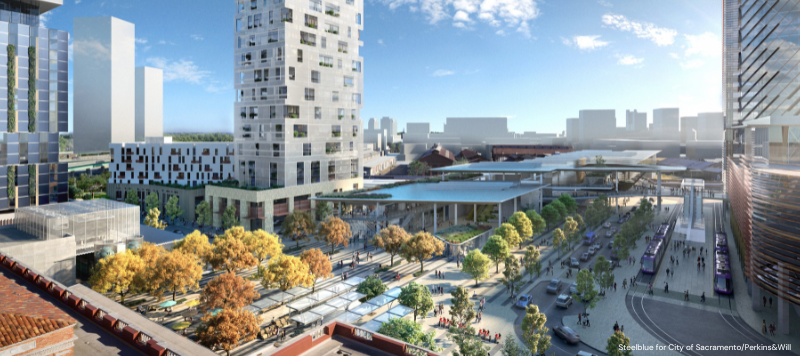Location:
Pittsburgh, PA, USA
Our Impact:
Livability
Our Specialist Brands:
TYLin
Expertise:
Mobility, Communities
Located in the Beechview neighborhood of Pittsburgh, Broadway Avenue is a historic Red Line light-rail corridor that has long been due for revitalization.
This continuous 1.2-mile-long street is a complex area, with light rail running down the middle at street level, a steep topography with deteriorating transit stations, unsignalized intersections, and a mix of single-family residential, multi-family, and neighborhood commercial land uses. The need for a comprehensive redesign to enhance mobility, safety, and public spaces was clear.
To help transform Broadway Avenue, TYLin – Sidara’s mobility specialist – worked with the city of Pittsburgh to develop a schematic design for the corridor. This project built on the findings of a previous study that aimed to attract investment and redevelopment along the Red Line. The team brought deep experience in urban design, transit planning, and civil engineering to address the complex needs of this corridor.
The execution of a thoughtful public and stakeholder input process customized to the unique needs of this community was critical to the project’s success. In-person public workshops, as well as digital outreach tools, were used to engage with the community to ensure the design captured residents’ and businesses’ needs and aspirations for their neighborhood, with members of the community helping to shape the project’s overall goals as well as the selection of design alternatives and design details.
The final schematic design of Broadway Avenue included a variety of innovative solutions to the challenges of the corridor. First, the design proposes new ADA-accessible transit stations to replace the deteriorating existing stations. These new stations are designed to improve accessibility for all users, ensuring that everyone can use the light rail system comfortably and safely, and will also include other amenities for pedestrians and transit riders such as seating and weather protection.
Additionally, unsignalized intersections were redesigned with improved crosswalk markings and pedestrian safety features. By removing bypass lanes, the design aimed to reduce pedestrian-vehicle conflicts and enhance the overall safety of the corridor. Furthermore, recognizing the need for a multi-modal approach, the design included an on-street bike facility to accommodate cyclists. This addition promotes active transportation and provides a safer environment for bikers.
The design also focused on enhancing public spaces. Painted sidewalk extensions were added to improve the pedestrian experience and create more inviting public areas. To balance the needs of various street users, the design introduced new parking spaces to replace those removed for the new transit stations. This thoughtful approach ensured that parking availability was maintained while enhancing the transit infrastructure.
The Broadway Avenue design will turn this corridor into a more safely accessible and vibrant space. Increased ADA accessibility, safety for pedestrians, and multi-modal transportation options stand to align with the community's aspirations for a more inclusive and connected neighborhood.
The city of Pittsburgh has set a new standard for revitalizing historic transit corridors. It will serve as a model for future projects within similar urban environments. This project is something that turns Broadway Avenue into an example of modern accessible and vibrant urban transit infrastructure, paving the way toward further growth, improvement, and progress.
Location:
Pittsburgh, PA, USA
Our Impact:
Livability
Our Specialist Brands:
TYLin
Expertise:
Mobility, Communities



